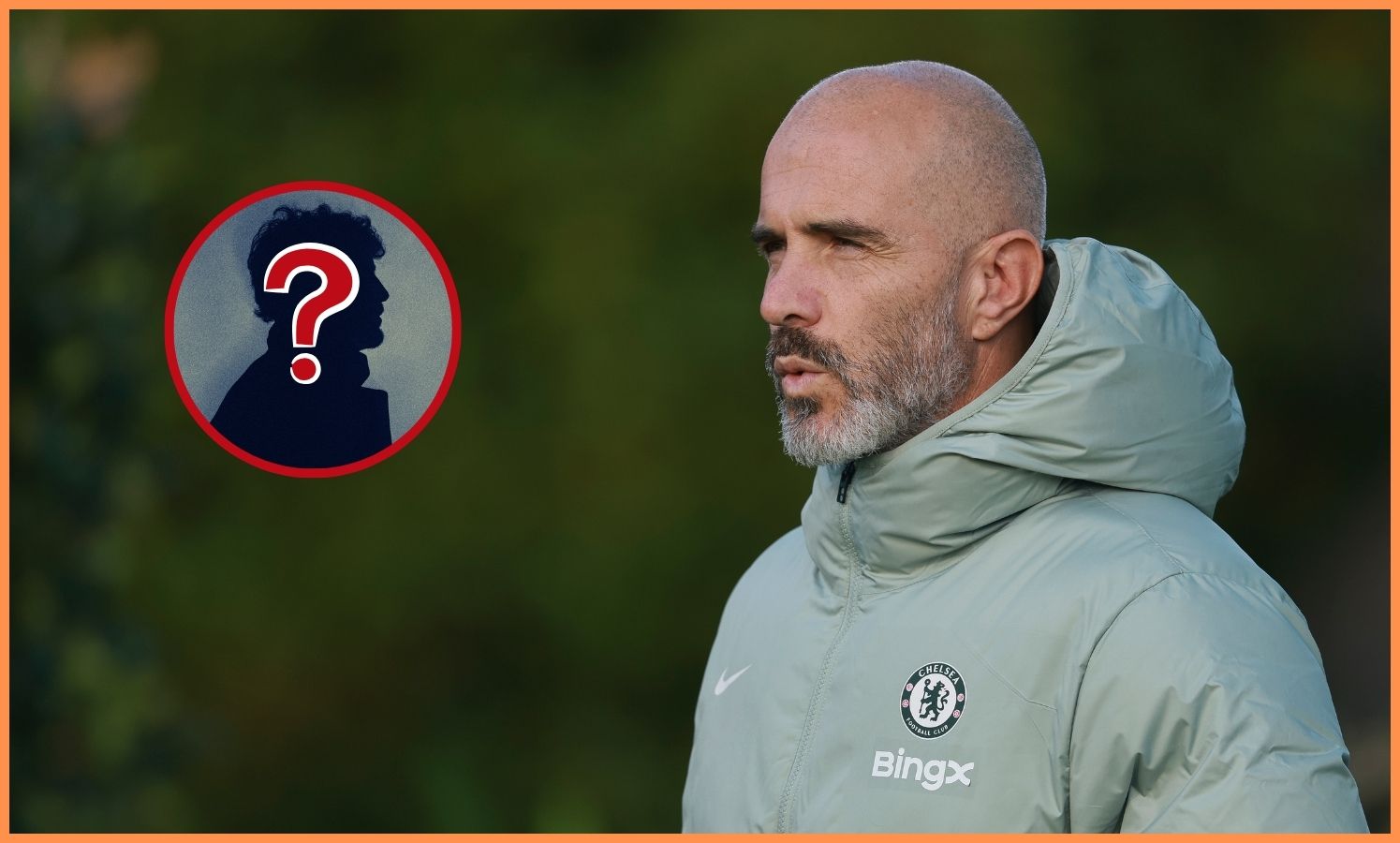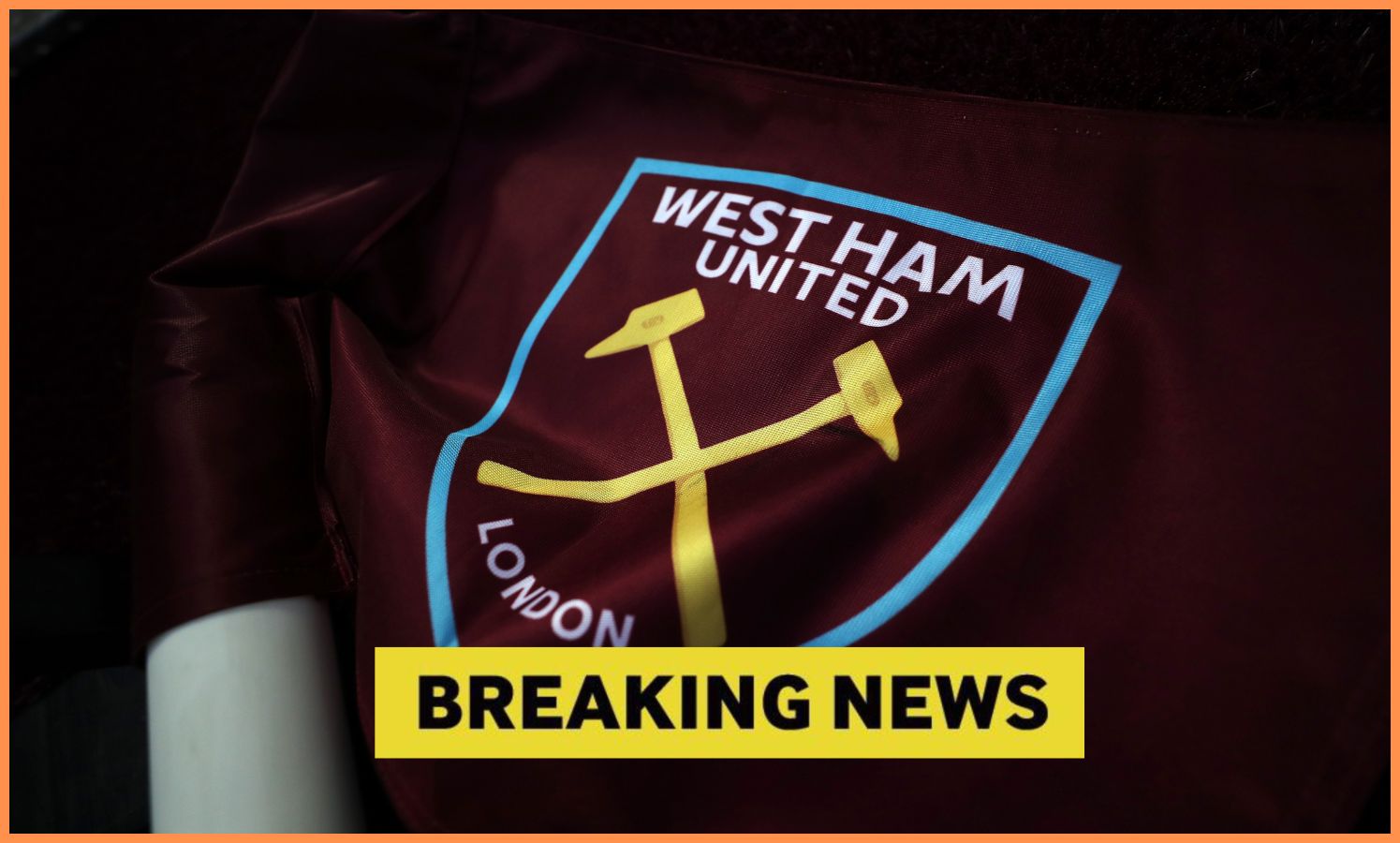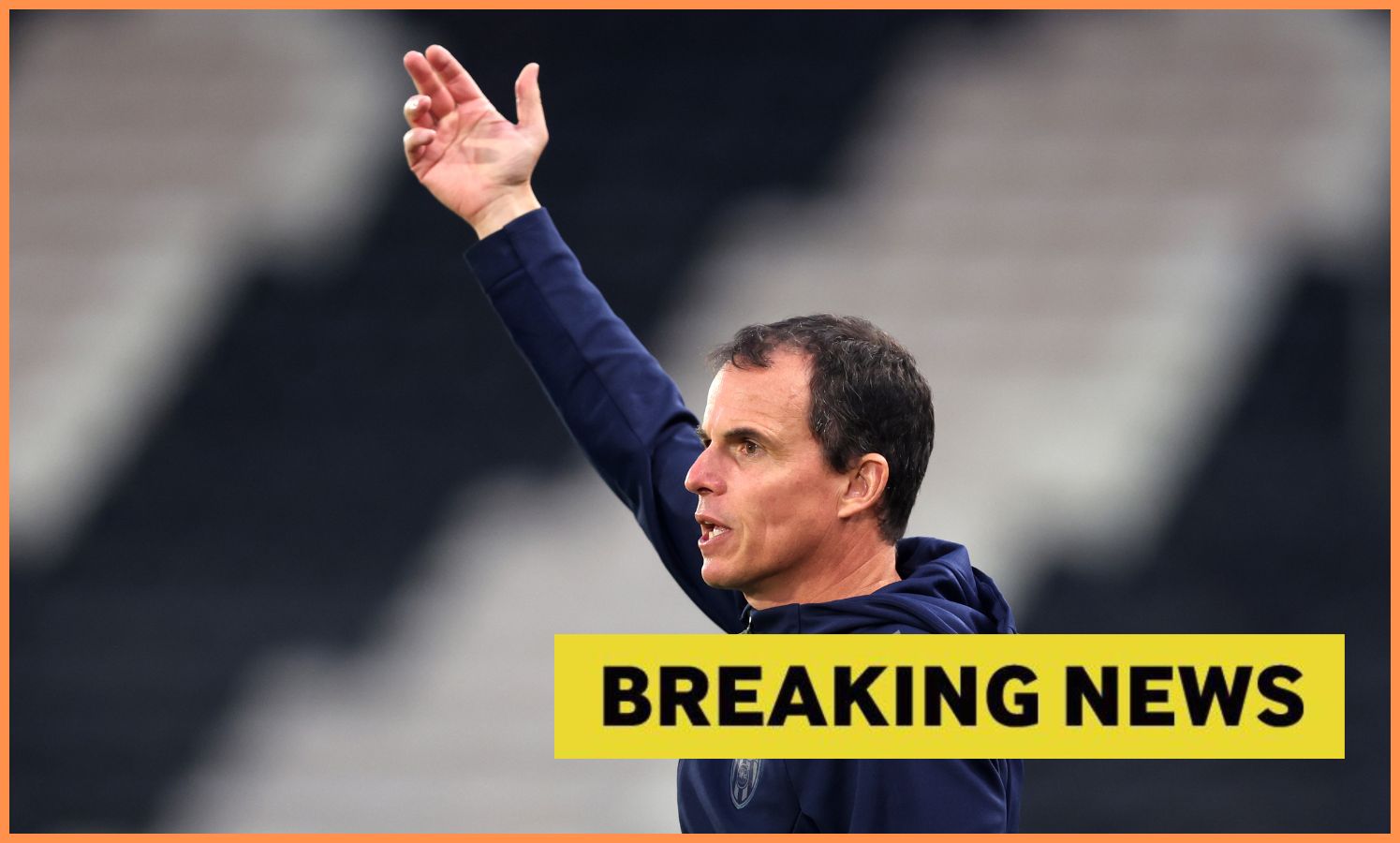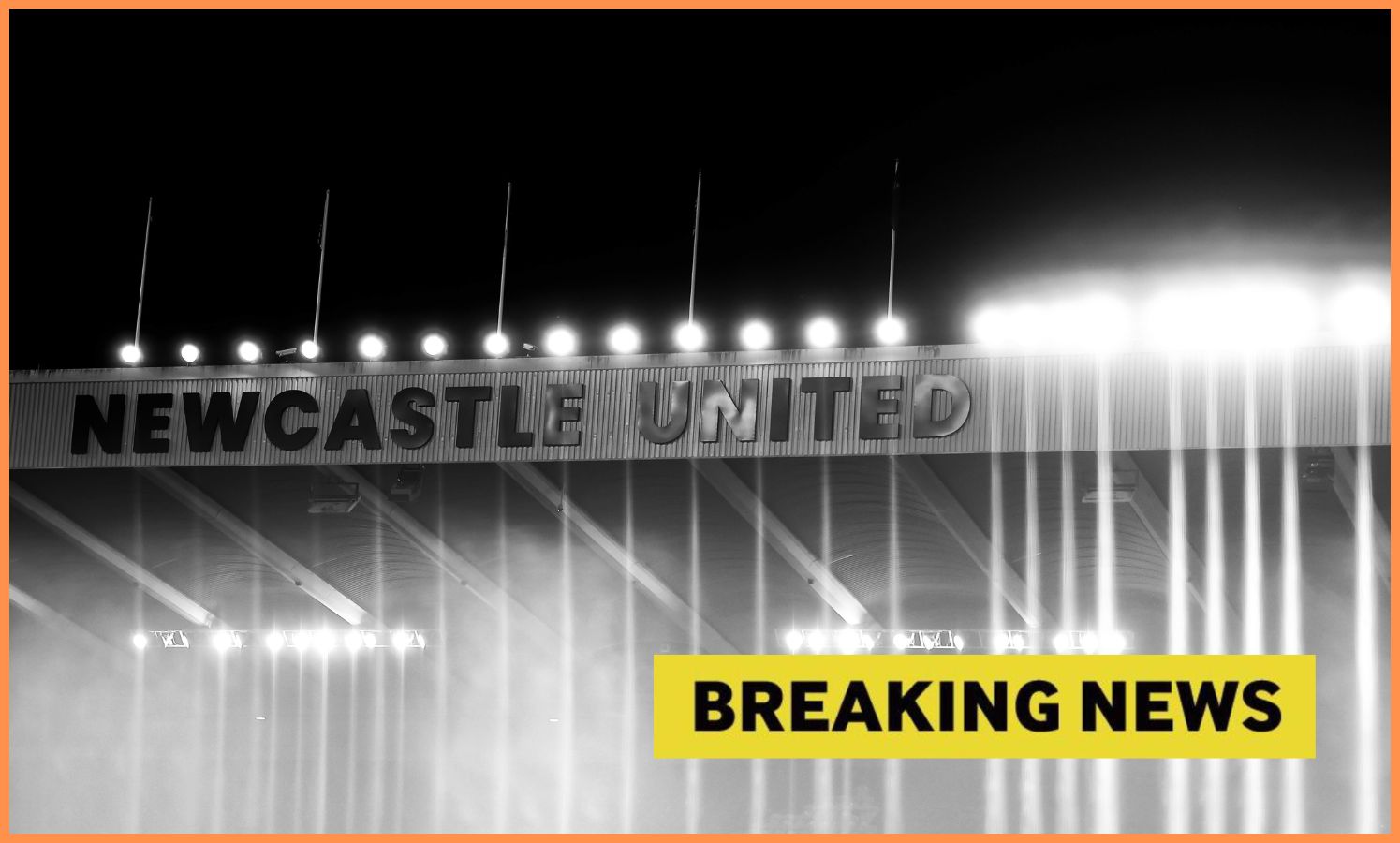A chilling silence fell over the Baku Olympic Stadium as Romeo Lavia, the young midfielder Chelsea desperately needs, crumpled to the pitch. Just eight minutes into the game, his body betrayed him, a familiar wave of injury washing over his hopes for a consistent run in the team.
Manager Enzo Maresca, visibly shaken, spoke of his anguish for the player. This wasn’t merely a setback; it was a potentially devastating blow to Lavia’s career, a cruel echo of past misfortunes. The exact nature of the injury, suspected to be a quad problem, remained unclear, but the prognosis was grim.
Before the match, Maresca had openly discussed the delicate process of rebuilding Lavia’s fitness, comparing his situation to Reece James’s recovery a year prior. Every minute, every day, every second had to be meticulously managed, the sole focus being to simply keep him on the field. The dream of a fully fit, impactful Lavia felt increasingly fragile.

Maresca revealed a carefully constructed plan for Lavia’s integration, starting with limited minutes against Forest and Ajax, building to a promising performance against Tottenham. He emphasized his happiness with Lavia’s progress, but also the heavy responsibility he felt to protect him from another debilitating setback.
The night wasn’t solely defined by Lavia’s misfortune. Chelsea, fielding a rotated squad, struggled to maintain control against Qarabag, conceding two goals before halftime. Despite a second-half equalizer from Alejandro Garnacho, the Blues were forced to settle for a disappointing draw.
Maresca staunchly defended his team selection, explaining the need to rest key players like Moises Caicedo and Enzo Fernandez. He pointed to the demanding schedule and the lingering effects of the Club World Cup as factors necessitating rotation, a strategy often criticized when results falter.

The manager acknowledged the team’s lack of clinical finishing in the opponent’s box and the defensive errors that led to both Qarabag goals. He stressed the importance of learning from these mistakes, but also the unavoidable realities of managing a squad stretched thin by a relentless season.
Estevao had initially offered a glimmer of hope with an early goal, but Chelsea’s lead proved short-lived. Leandro Andrade quickly responded, and a controversial penalty, awarded for a handball, allowed Marko Jankovic to put Qarabag ahead. Garnacho’s goal salvaged a point, but the overall performance left much to be desired.
The weight of Lavia’s injury hung heavy over the entire evening, a stark reminder of the fragility of a player’s career and the constant battle against physical setbacks. For Chelsea, the draw in Baku was more than just a missed opportunity; it was a painful illustration of the challenges that lie ahead.







